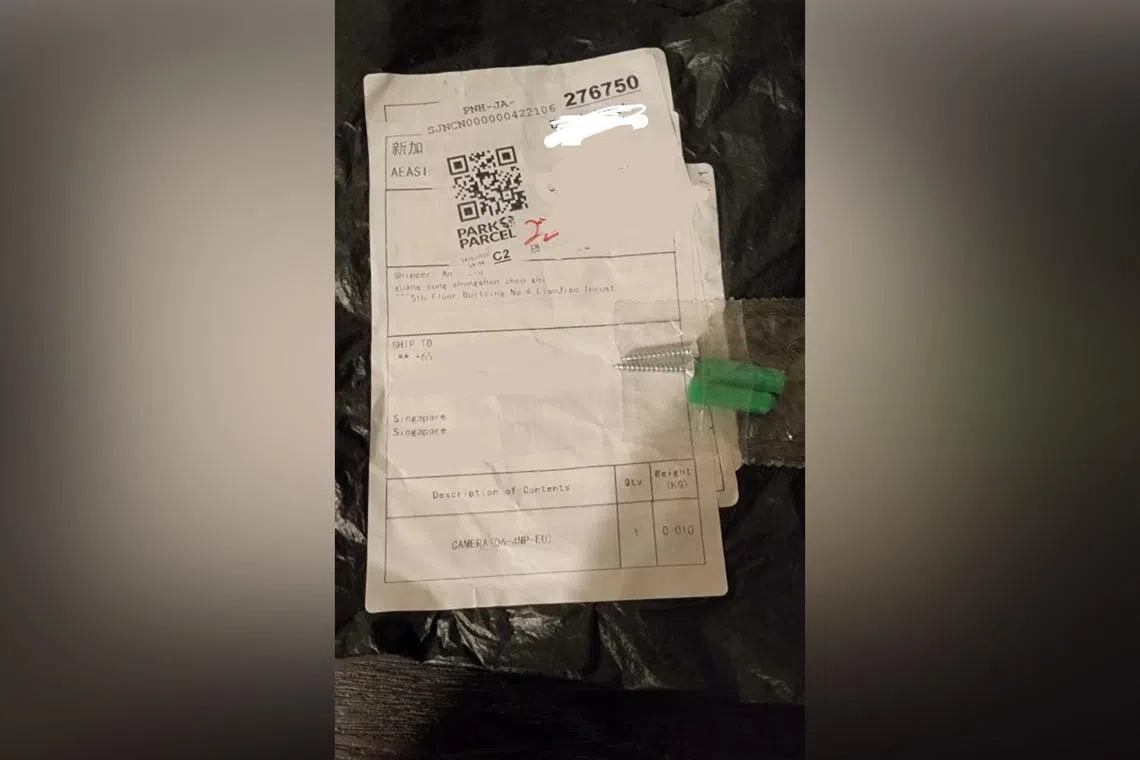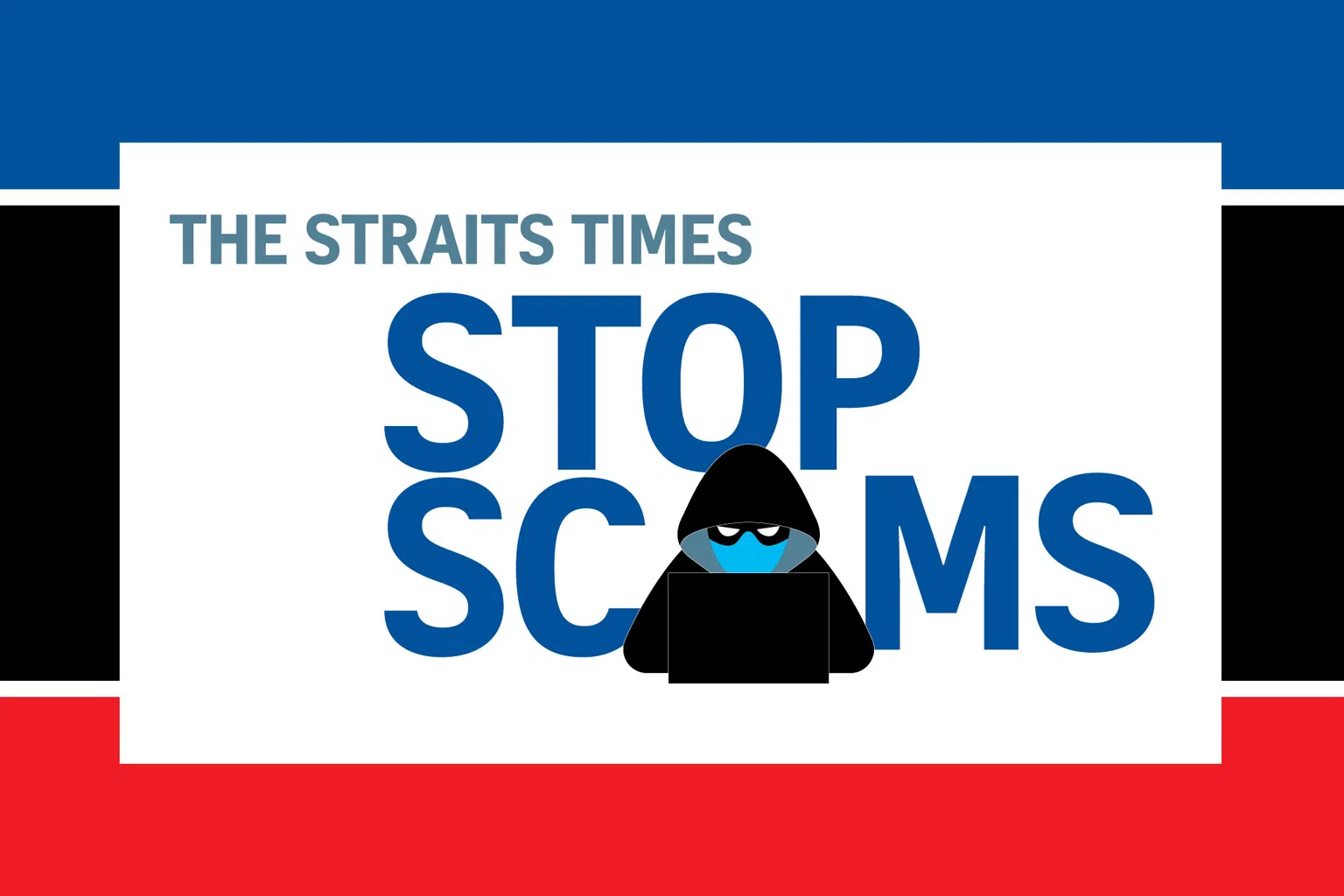Received parcels you never ordered? You may be a victim of ‘brushing’
Sign up now: Get ST's newsletters delivered to your inbox

If a seller can obtain a person’s address, his mailbox may become a vehicle for illegal transactions.
PHOTO: PEXELS
SINGAPORE – Since last September, Dr Dennis Kwek has been receiving parcels at his condominium address in Holland Village that he neither ordered nor expected.
The parcels, all of which contain small screws and wall plugs, were sent to him from addresses in China and Malaysia. He has been receiving one parcel every three weeks.
Said the 54-year-old educator: “At first, I thought the parcel I received had been sent to the wrong address. But when I kept receiving them, it became a nuisance.
“My wife is also worried about these parcels. She’s mentioned before it could be contraband or anthrax. We’ve heard about mail bomb attacks in the United States.”
It is unclear where the parcels originate from or which e-commerce platform the items are sold on.
Dr Kwek may be a victim of “brushing”, a practice that sees sellers writing fake reviews about their own products, something they can do only after they have successfully delivered a parcel to an address. However, the seller sends these parcels to another address to avoid detection by e-commerce platforms.
Brushing has also been reported by Amazon customers, many of whom post on TikTok about items they receive, such as LED lights and balloons.
An Amazon spokesman said on Jan 6 that brushing has affected all online marketplaces, and that customers who have received unsolicited packages are encouraged to alert Amazon’s customer service team.
Amazon said: “We take action on those who violate our policies, including withholding payments, suspending or removing selling privileges or working with law enforcement.”
Associate Professor Goh Puay Guan of the National University of Singapore Business School said it may be difficult for e-commerce platforms to identify brushing.
He said: “As the logistics company will pick up parcels for delivery, it is not possible to tell whether the product in the parcel is what is stated on the invoice. In e-commerce, the origin of the parcel is not always from the seller, as the seller may also place orders elsewhere after receiving the online order, for delivery to the customer.”

Since September last year, Dr Dennis Kwek has been receiving parcels delivered to his condominium in Holland Village once every two weeks despite not ordering them.
PHOTO: COURTESY OF DENNIS KWEK
Even though the items received may be harmless, criminal lawyer James Gomez, an associate at Edmond Pereira Law, noted that if a seller can obtain a person’s address, his mailbox may become a vehicle for illegal transactions.
He said: “Their identity may also be used for wrong purposes, such as obtaining loans and creating scam accounts.”
Victims can make a complaint with the e-commerce site so that the sellers can be delisted, Mr Gomez said. They can also lodge a police report which will assist the authorities in identifying those behind such activities.




